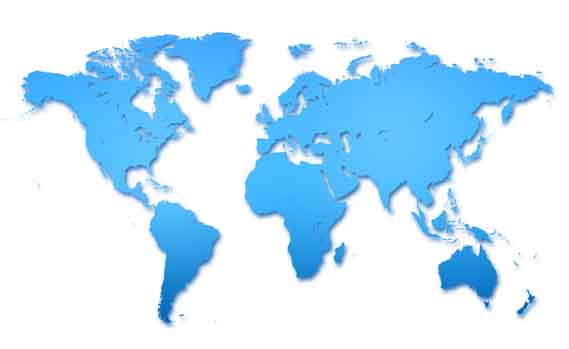 |
“For decades, international and regional organisations have resisted the partition of states. Despite the principle of self-determination enshrined in the UN Charter, this emphasis on non-interference and territorial integrity has preserved artificially created state entities, defined by colonial boundaries that disregard traditional homelands.
“Now, the international community is starting to change its posture. The process that leads to the formal secession of South Sudan from Khartoum … was sponsored, not just accepted, by the international community.
“For too long the international community has given precedence to preserving the grip of narrow elites on subject populations. Rulers in Morocco, Yemen, Sudan, Iran and elsewhere, now facing a new wave of regional secessionism, have good reason to wonder about the future integrity of their states.”
- Michael Crawford and Nader Mousavizadeh, a senior global adviser and chief executive of Oxford Analytica respectively. See the full text of their article in the Financial Times here.
This is what Tamil Guardian argued in our editorial of Feb 4, 2011 (see full text here):
“The next few years and decades will undoubtedly bring further changes in the international system. Whatever is emphatically asserted today will not necessarily be so in future - as the cases of Sudan and Kosovo demonstrate. But, one principle will be ceaselessly pursued in an increasingly interconnected world: stability.
“Indeed, the independence of Kosovo and South Sudan, once resisted on the basis of preserving stability, came to be supported precisely as the means to ensure it.
“In a world where states do not wage wars of conquest, the principle of territorial integrity has less relevance as a cornerstone of world peace when powerful internal demands have to be violently denied in its defence.”
See also our earlier posts:
‘What about those on ‘wrong’ side of a new border?’ (Mar 2011)
‘Breaking up is good to do’ (Jan 2011)
‘Self-determination in the 21st century’ (Jan 2011)
‘Obama: the will of South Sudan has to be respected’ (Jan 2011)
